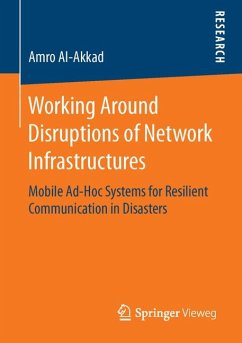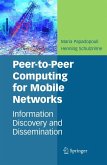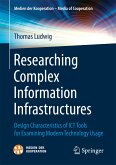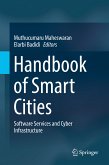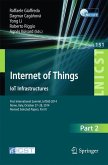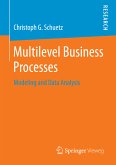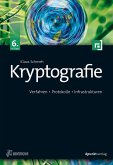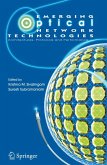As in disasters the availability of information and communication technology services can be severely disrupted, the author explores challenges and opportunities to work around such disruptions. He therefore empirically analyzes how people in disasters use remnants of technology to still communicate their needs. Based on this, he suggests quality attributes whose implementation can support the resilience in technology. To exemplify this he develops iteratively two mobile ad-hoc systems and explores their feasibility and implications for emergency response under close-to-real conditions. Compared to the state of the art both systems are independent from preexisting network infrastructure and run on off-the-shelf smartphones.
Contents
Target Groups
The Author
Dr. Amro Al-Akkad works at the Fraunhofer Institute for Applied Information Technology. His research deals with the human-centered design and evaluation of ubiquitous systems.
Contents
- Empirical Findings on the Usage of Remnants of Technology
- Definition of Quality Attributes Fostering Resilience
- Iterative Development of Mobile Ad-Hoc Systems
Target Groups
- Researchers for human-computer interaction and crisis management
- Experts and practitioners for emergency response
The Author
Dr. Amro Al-Akkad works at the Fraunhofer Institute for Applied Information Technology. His research deals with the human-centered design and evaluation of ubiquitous systems.
Dieser Download kann aus rechtlichen Gründen nur mit Rechnungsadresse in A, B, BG, CY, CZ, D, DK, EW, E, FIN, F, GR, HR, H, IRL, I, LT, L, LR, M, NL, PL, P, R, S, SLO, SK ausgeliefert werden.

